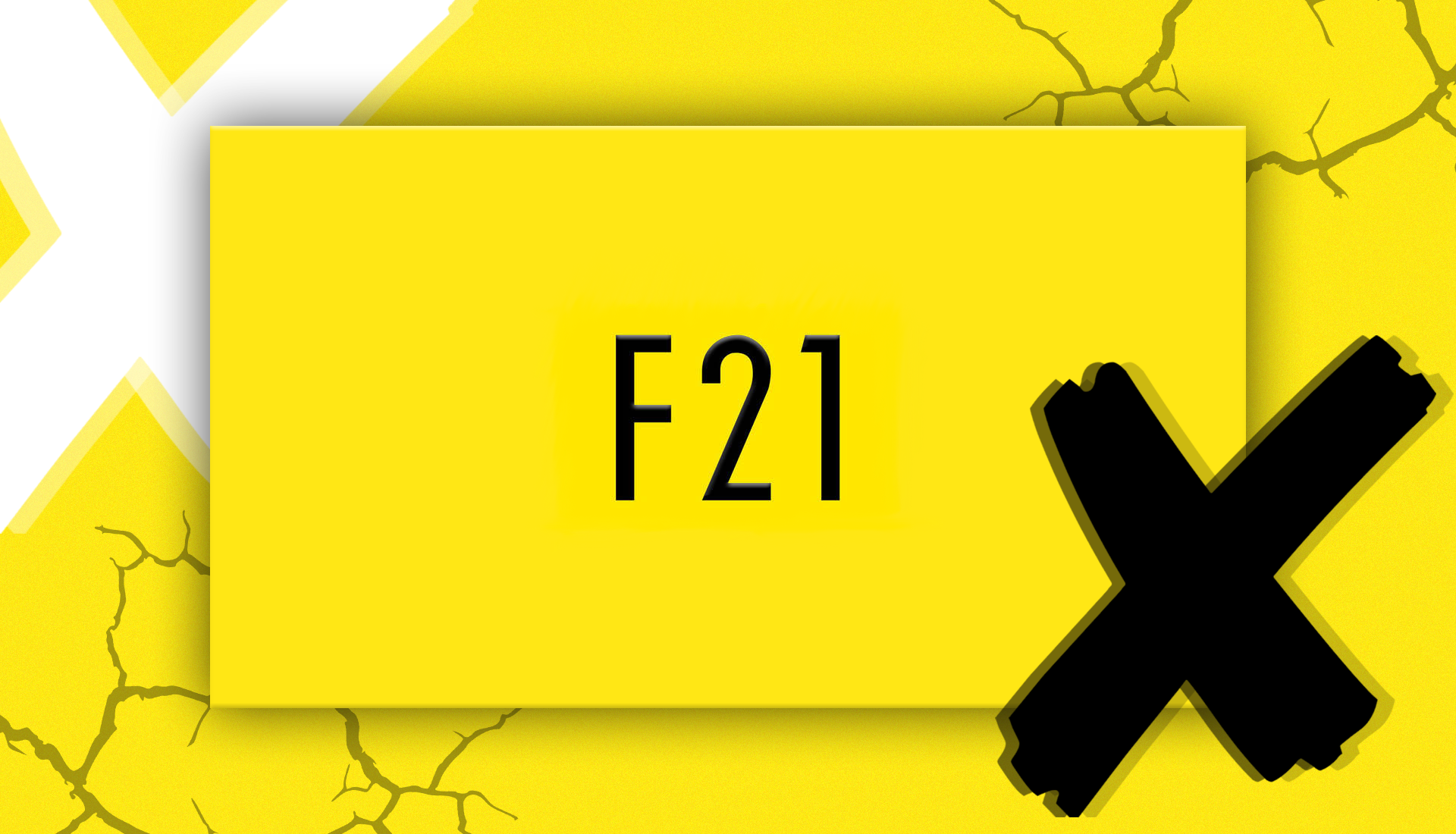In the midst of Forever 21’s potential bankruptcy, we ask the question: is this the result of fast fashion’s long overdue demise?
Gen Z are at war with fast fashion. With its negative social and environmental implications, is the looming closure of mass retailer Forever 21 just the beginning of the end for the dark side of the industry?
It’s been a progressive year for fashion. In an effort to reduce its impact on our planet as the world’s second largest polluter, the industry has taken several steps towards becoming more sustainable.
The rise in popularity of second-hand shopping, signing of the ‘Fashion Pact’ at this year’s G7 summit and participation of many brands in changing their methods of production are just a few examples of the changes being made.
Gone are the days of ‘mall culture,’ when it was okay to succumb to the temptation of trawling through stores and buying piles of their clothing because the items were cheap and trendy.
It’s exactly this type of fashion that has been harmful not only to the environment but also to the people involved.
A plethora of exploitation and unethical practices, the apparel industry is one that has, for years, tolerated damaging behaviour towards its workers and it’s officially time to put a stop to it.
The fact that since 2000 there has been a 60% increase in clothing purchases absolutely baffles me.
I don’t know whether this figure refers to those who are completely oblivious as to what goes on behind closed doors but regardless, there’s no more room for excuses and I’m relieved to know that somethings being done about it.
Consumers are finally coming to terms with the fact that they’re better off investing in sustainable fashion that strives to provide timeless pieces that’ll hold up for years. And brands are catching onto the notion that it’s either adapt or go under.





















